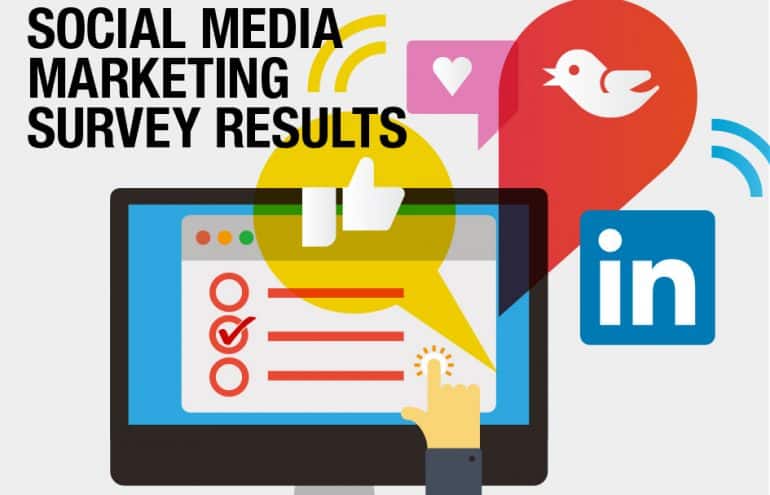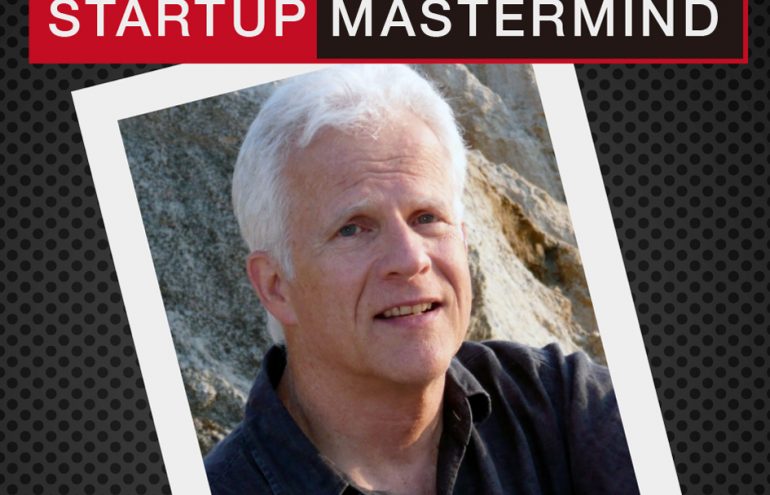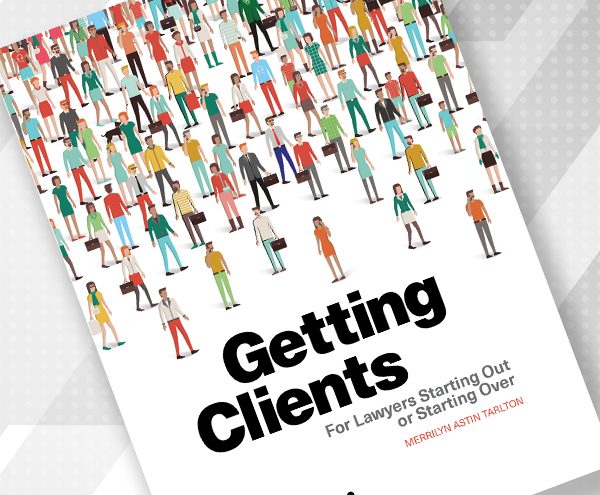
If you write and interact online or on your phone — which is everyone — you’re engaging in digital marketing. Why not put some strategic thinking behind your efforts to get more leads and clients? "But it seems daunting," you say. "I don’t know where to start.” I empathize. There’s a lot of information out there, some of it even good. And, frankly, you’d rather spend the time serving your clients. The thing is, you can do both. Here’s a look at a low-stress digital marketing effort to get you started.
Originally published March 16, 2017
Facebook continues to gain fans in the profession, according to Attorney at Work's 2017 Social Media Marketing Survey, conducted in February. This is the third year we've asked lawyers about their social media habits, preferences and attitudes, and 302 responded to this year's survey. How are lawyers using social media in their marketing efforts? Here is what we learned.
Originally published March 15, 2017
Your legal career comes down to a choice between two paths. One feels safe, the other fraught with risk. One requires conformity, the other originality. One leads away from fear, the other straight toward it. Building a successful personal brand requires dancing with the fear.
Originally published March 14, 2017
Social media is trending in much the same way it has in past years: It's an even more reliable tool for nurturing and solidifying relationships. People turn to online social networks for recommendations on all sorts of things, including lawyers. And, yes, even lawyers ask for recommendations for lawyers from other lawyers on social networks. The truth is, despite the skepticism of many lawyers, people have been doing this now for years. But many of you already know this. So, let’s dive right into what I think you ought to know (but might not) about using social media in 2017.
Originally published March 13, 2017
When talking with lawyers about Evernote, I often get the same comment: “I heard it was a good productivity tool so I downloaded Evernote, but I haven’t figured out how to get started with it.” Fortunately, there are some simple ways to jumpstart using Evernote in your law practice.
Originally published March 10, 2017
Legal technology entrepreneur Gary Kinder earned a law degree, but he didn’t go straight into the law. Instead, he taught writing at his alma mater, became a published author himself, and began traveling the country teaching lawyers how to write. It was during this decades-long teaching stint Kinder realized he could leverage his passion for writing and teaching to create software that helps lawyers hone their skills.
Originally published March 9, 2017Last month, I attended TBD Law, an invitation-only lawyer unconference. The purpose of the event was to take a step back and look at the future of law practice. For me, it was a chance to reflect and strategize about how to be more effective and efficient as a practitioner. Toward the end of the event, we were given a worksheet to write out our schedule for putting our plans into action. At the bottom of it was the prompt “I commit to stop doing these three things” — and three blank lines.
Originally published March 8, 2017
Attorney at Work (www.attorneyatwork.com) announces the release of “Getting Clients: For Lawyers Starting Out or Starting Over,” a new book by legal marketing hall-of-Famer Merrilyn Astin Tarlton. REVIEW COPIES AVAILABLE Review copies and interviews with Merrilyn Astin Tarlton are available upon request. The information below may be used in whole or part with acknowledgment to the […]
Originally published March 7, 2017A television commercial for Butterfinger candy bars brags that they are “crispety.” Another advertisement claims they are “crunchety.” These descriptions are not words, and Nestle should not be trying to persuade us otherwise. One would think the words “crispy” and “crunchy” are adequate for the job. You may not have bought into these particular word extenders, but perhaps you are pronouncing or adding non-existent syllables in other words.
March 6, 2017 0 0
It starts with a simple request to your iPhone ("Siri, add an appointment to my calendar") or a command to your new Amazon Echo ("Alexa, add toner to my shopping cart"). Before you know it, the Internet of Things has slipped straight from your smart home into life at the office. For today's tech tips, we asked Sharon Nelson, John Simek and Nora Regis how lawyers can be smart — and safe — when using connected devices at work.
Originally published March 3, 2017